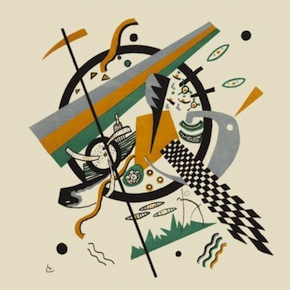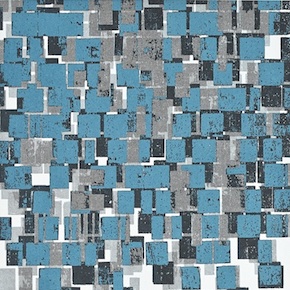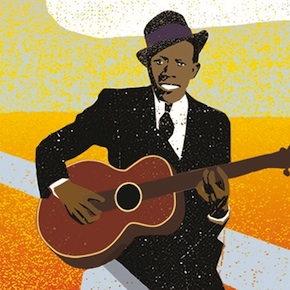
Trying to tell a stranger about rock ’n’ roll
Before I start in on Mark Radcliffe’s romp through pop history Crossroads: In Search of the Moments that Changed Music, I need to make a confession: prior to reviewing this book, I had never heard of Mark Radcliffe. I know it’s wearing pretty thin to use the excuse “I’m new here” after thirteen years living...
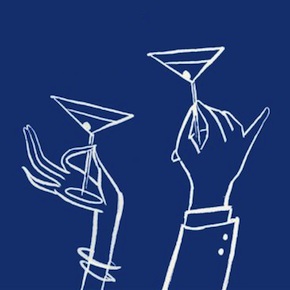
Home at the asylum
In the nineteenth century Roosevelt Island, then known as Blackwell’s Island, was crowded with more than a dozen prisons, a smallpox hospital, workhouses, and even a home for “wayward girls.” Municipal leaders in the growing metropolis across the river decided that Blackwell’s Island would be the perfect place to lock away the criminal, the indigent,...
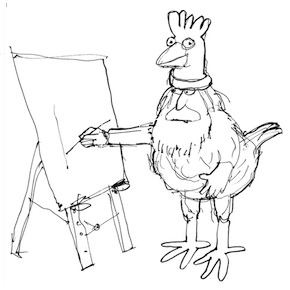
Don’t hurry over them
John Gaskin (he likes to write his first name with a soupçon of Hellenic omega in its spelling) is a rather extraordinary man. A banker quickly turned philosopher and academic, he has been lecturing and writing prolifically on almost all things ancient for more than half a century. Revered for his scholarship and mellifluous paeans...
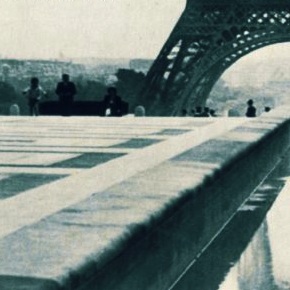
More than itself
More than a poet, Rilke, one might argue, is a supreme embodiment of a Platonic idea of the artist, a sublime abstraction of the power of art and of words to haunt us and to grant us life. Even when alive, he was less a person than he was a persona, a complex yet intangible...
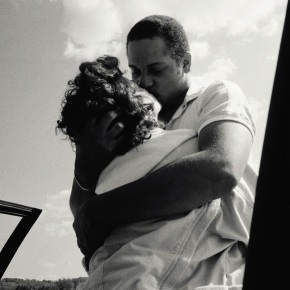
Passion and compassion
In the opening chapter of Regina Porter’s The Travelers, a small dozing girl drifts into the deep end of a pool whilst her grandfather is preoccupied. She doesn’t drown in the end, just as Harry ‘Rabbit’ Angstrom’s granddaughter didn’t drown in John Updike’s Rabbit at Rest. Porter has nonetheless managed to compress a span of...
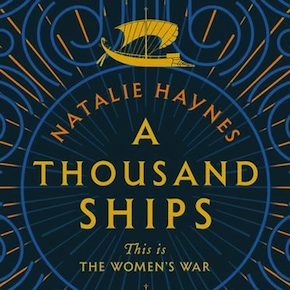
Outrages
In her latest engagement with the classical tradition, a self-proclaimed radical rewriting of the story behind the Homeric epics, Natalie Haynes is openly outraged and angry. Indignant and righteous, she is a strong, vocal, almost virago-like warrior with a declaredly urgent, even vital cause: to resurrect and reinstate the ancient women in the attic, to...
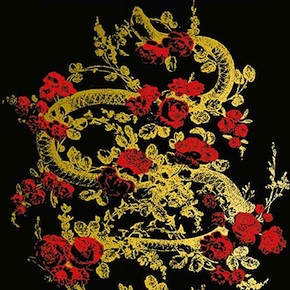
White dreams
In 1685, Louis XIV would sign the Edict of Fontainebleau, revoking an earlier royal decree that had accorded to any French Protestants who had survived the St Bartholomew’s Day massacre the freedom to practise their faith without persecution. The apparent reason given by the Sun King and his court was that the Huguenots were strong-headed,...
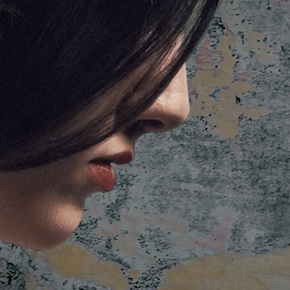
Missing person
One day ten years ago, during a summer of no rain, I sat in a rented room in the south of Xi’an listening to a man from my old village as he poured out his story. He stuttered so his story came out in fits and starts. Behind the bed curtain, his wife was sobbing...

New travels with myself and another
Laura Beatty’s new book Lost Property, a nearly sublime hybrid between a novel and a philosophical essay, begins with an England in a state of utter crisis – social, humanitarian, political, cultural, a crisis of identity, values, place, purpose and meaning. Beatty’s heroine describes herself as tottering between being and non-being, reason and insanity. “At...
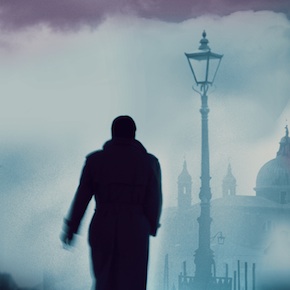
Coming in from the cold
My father earned one of the highest security clearances attainable in the US Air Force. The true nature of his work was kept secret from myself, my siblings and my mother. In hindsight, it must have been difficult to come home in the evenings unable to discuss the events of the day. There must have...

